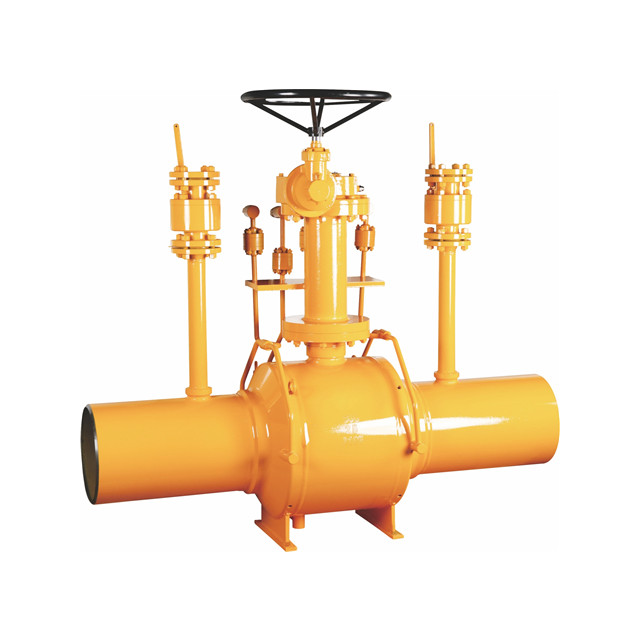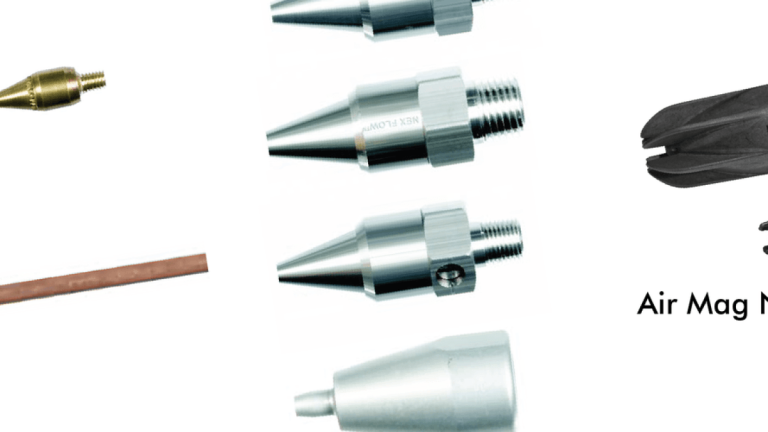Embarking on the Odyssey of Instrumentation: A Comprehensive Journey
Instrumentation plays a vital role in diverse fields, offering valuable data and insights essential for driving efficiency and precision. From scientific research to industrial processes, instrumentation serves as the backbone of modern technology. In this article, we will embark on an odyssey into the world of instrumentation, exploring its significance, applications, and the role of geosynthetics in enhancing its functionality.
What is instrumentation, and why is it indispensable?
Instrumentation refers to the use of devices and systems to measure, monitor, and control various processes. Whether in a laboratory, manufacturing plant, or research facility, instrumentation empowers the collection of accurate data, leading to informed decision-making. Its importance lies in enhancing efficiency, ensuring safety, and optimizing performance in diverse applications.

What constitutes the key components of instrumentation systems?
Instrumentation systems consist of sensors, transducers, signal processors, and display/control devices. Sensors and transducers convert physical parameters such as temperature, pressure, or flow into electrical signals. Signal processors analyze and manipulate these signals, while display/control devices present information and facilitate user interaction. The collaboration of these components forms a comprehensive instrumentation system.
What are the widespread applications of instrumentation?
Instrumentation finds applications across various industries. In manufacturing, it is used for quality control and process optimization. In healthcare, instruments monitor vital signs and aid in diagnostics. Environmental monitoring relies on instrumentation for measuring pollutants and ensuring regulatory compliance. Aerospace, automotive, and energy sectors also extensively utilize instrumentation for performance analysis and maintenance.
How do geosynthetics complement instrumentation in geotechnical applications?
Geosynthetics, encompassing materials like geotextiles and geomembranes, play a vital role in geotechnical instrumentation. They enhance the stability of soil structures, prevent erosion, and provide reliable support for instrumentation installations. Geosynthetics act as protective barriers, shielding instrumentation from external elements and ensuring long-term performance in challenging environments. Their use in conjunction with instrumentation promotes sustainable and resilient geotechnical solutions.
Instrumentation is a cornerstone of technological advancement, contributing to precision and efficiency across diverse fields. The integration of geosynthetics further enhances the reliability and longevity of instrumentation systems in geotechnical applications. As we continue to push the boundaries of innovation, understanding and leveraging instrumentation and its complementary elements become paramount for sustainable development.





